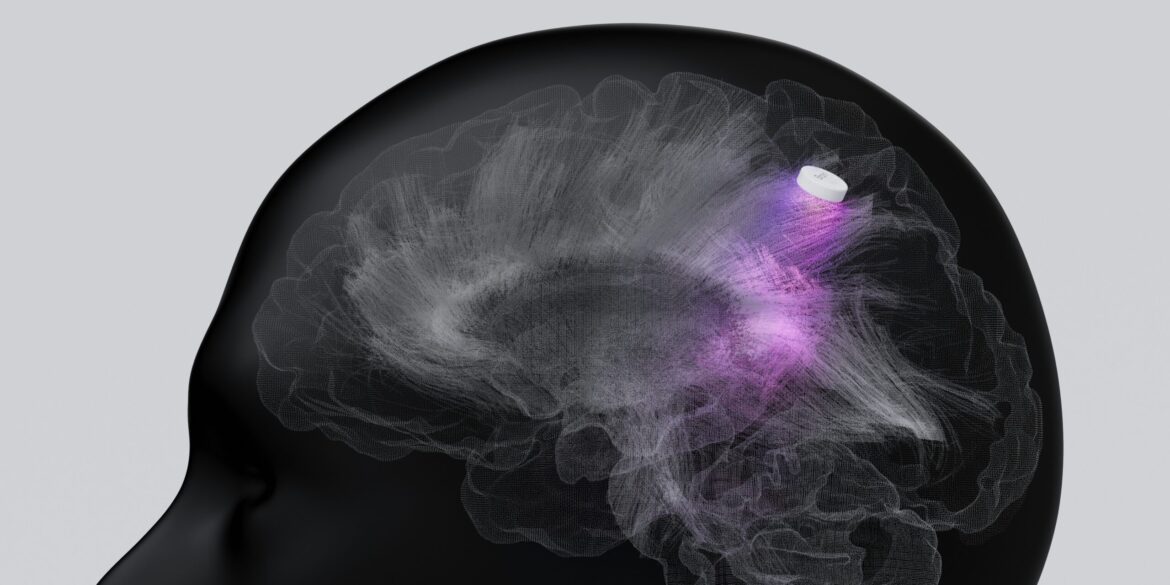In a groundbreaking discovery, researchers have made a significant leap in understanding the connection between faulty mitochondria and memory loss in neurodegenerative diseases. Mitochondria, often referred to as the “powerhouses” of the cell, are critical for producing energy that is essential for the proper function of all living cells, including the neurons in the brain. The dysfunction of these cellular engines has long been suspected of playing a role in various neurodegenerative conditions, including Alzheimer’s disease, Parkinson’s disease, and other forms of dementia. This latest research reveals how boosting mitochondrial activity can potentially reverse memory deficits, offering hope for new therapeutic strategies that could one day be applied to humans.
Mitochondria are not just important for producing energy, but also play a critical role in maintaining cellular health. In neurons, which require a significant amount of energy to maintain their electrical activity and long-term communication, mitochondrial dysfunction can lead to a breakdown in the brain’s ability to retain and retrieve memories. As the mitochondria begin to fail, neurons are unable to function properly, resulting in the progressive cognitive decline that is seen in many neurodegenerative diseases. The research, which was conducted in animal models, has shown that by enhancing the performance of mitochondria, it may be possible to counteract some of the damaging effects that lead to memory loss.
Read Also: https://goodmorningus.com/arizona-professional-hospice-care-leading-compassionate-end-of-life-care/
The new approach developed by scientists involves targeting specific pathways that can improve mitochondrial function. This method enhances the mitochondria’s ability to produce the necessary energy for brain cells, which, in turn, appears to improve cognitive function in the animal models. The researchers were able to observe a notable reversal in memory deficits, a result that could not only change the way we approach the treatment of memory loss but also challenge traditional models of neurodegenerative disease. This suggests that the deterioration of mitochondria might be a more significant factor in memory loss than previously thought, and by focusing on mitochondrial health, it may be possible to slow or even reverse some of the effects of neurodegenerative diseases.
While these findings are still in the early stages of research, they offer a hopeful perspective on how to treat conditions that have long been seen as irreversible. The study provides evidence that targeting the root causes of cognitive decline, rather than merely attempting to alleviate symptoms, could pave the way for innovative therapies. If further research confirms these results and translates them into clinical treatments, patients suffering from Alzheimer’s disease, Parkinson’s disease, and other related conditions could one day benefit from therapies that restore mitochondrial function and, consequently, improve cognitive health.
The implications of this research are particularly profound for Alzheimer’s disease, which is characterized by severe memory loss and cognitive dysfunction. Current treatments for Alzheimer’s primarily focus on alleviating symptoms, but they do little to address the underlying causes of the disease. This new research, however, could lead to therapies that work at the cellular level to restore brain function and prevent further deterioration. If scientists can figure out how to replicate these results in human trials, it could mean a significant breakthrough in not just slowing the progression of Alzheimer’s, but potentially reversing some of the cognitive decline that patients experience.
Furthermore, this research has the potential to influence the broader field of aging-related cognitive decline. As the global population ages, neurodegenerative diseases like Alzheimer’s are becoming increasingly prevalent, making the need for effective treatments more urgent than ever. If mitochondrial dysfunction is proven to be a key contributor to aging-related memory loss, targeting mitochondrial health could become an essential part of future therapeutic strategies for aging populations.
While much more work is needed to validate these findings and determine how they can be applied to human patients, the early results are promising. Researchers are hopeful that this new direction will lead to innovative treatments that not only manage memory loss but offer the possibility of restoring lost cognitive functions. This breakthrough could also serve as a stepping stone for further research into how cellular dysfunction contributes to a variety of neurological conditions and could lead to more effective treatments for diseases that currently have limited options.
As scientists continue to explore the potential of mitochondrial enhancement in combating memory loss, this research represents a significant step forward in our understanding of how the brain functions and how we can intervene at the cellular level to improve health outcomes. The promise of reversing memory loss through mitochondrial support could open the door to a future where the devastating effects of neurodegenerative diseases are not just mitigated but potentially reversed, offering a brighter future for patients suffering from these debilitating conditions.

